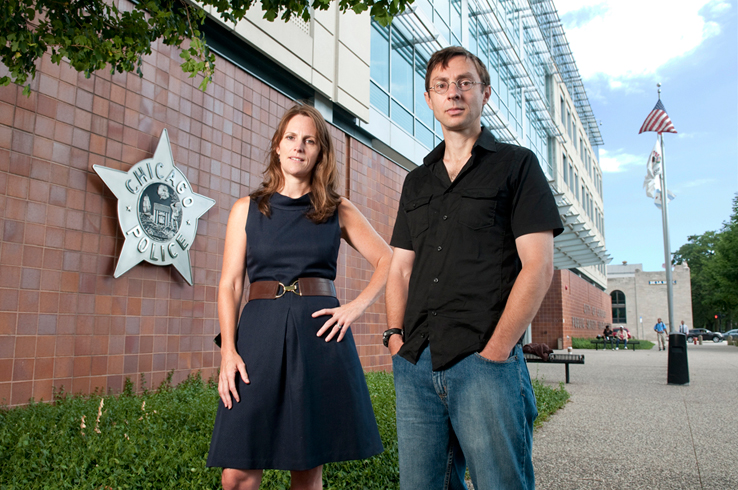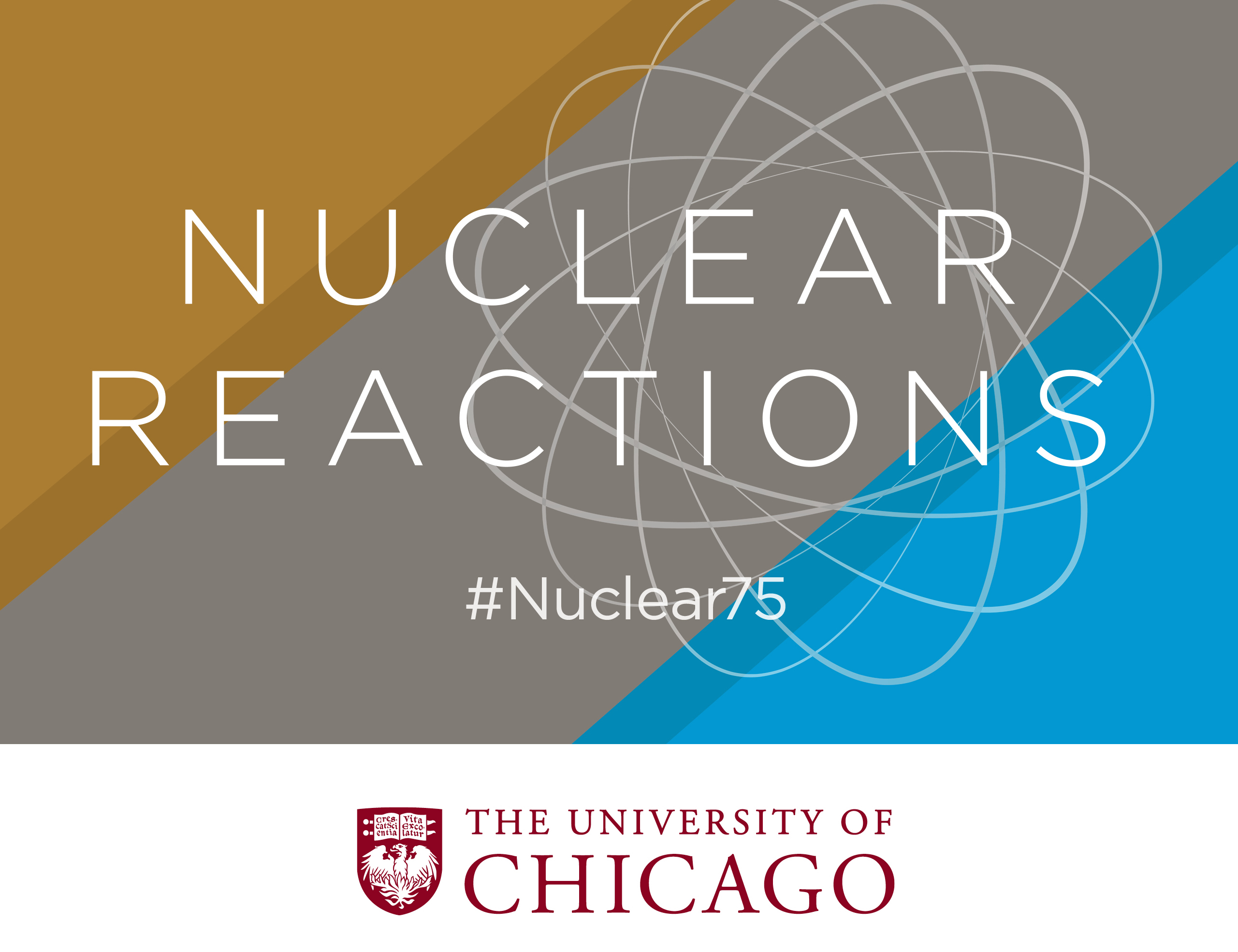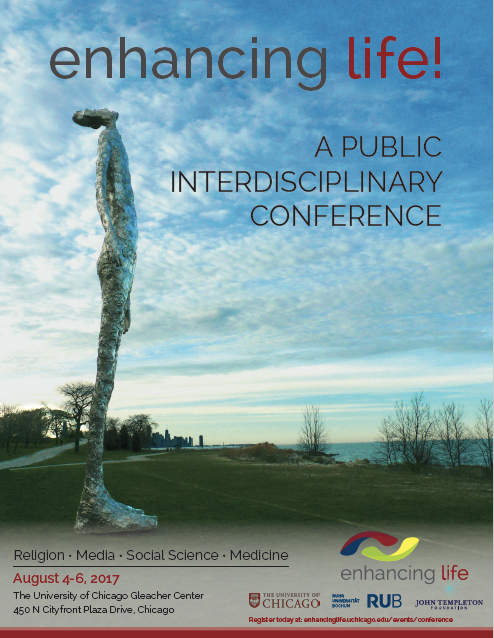When drug companies want to determine whether a new therapeutic agent works they test it against a placebo in a controlled, double-blind, randomized clinical trial. The University of Chicago Crime Lab partners with government agencies to test innovative social interventions in a similar way.
This is necessary because many programs that schools, police departments and social service organizations implement simply do not work, says Jens Ludwig, the McCormick Foundation Professor of Social Service Administration, Law, and Public Policy at the University of Chicago. “The public sector is full of innovation, but in general does not do a good job of generating reliable feedback about which innovations are really useful. There are more promising ideas than proven ideas, so the Crime Lab’s goal is to determine empirically what works, and to understand the underlying ‘mechanisms of action’ so that we know for whom, how and why policy interventions can be helpful.”
The Crime Lab places a special emphasis on partnering with government agencies to carry out its studies of innovations that are top priorities for policymakers. “Lots of academic research just sits on a shelf because it is focused on what researchers find interesting,” said Roseanna Ander, the Executive Director of the Crime Lab. “We’re focused on studying the problems that policymakers care most about so that we can have maximum policy impact.”
For example, several years ago Crime Lab researchers met with University of Chicago alumnus Ron Huberman, then CEO of the Chicago Public Schools, and asked what his highest priority was. “His answer was truancy,” Ander said. “Most of the policy and research attention on the dropout problem has focused on the dropout decision itself. But CPS recognized that dropping out is the endpoint of a longer-term developmental process that almost always begins with chronic truancy, sometimes starting as early as first or second grade.”
A team led by Crime Lab affiliate Jonathan Guryan at Northwestern University identified a structured mentoring program called Check & Connect as a promising approach to reducing truancy. This intervention builds on the insight by the late University of Chicago sociologist James Coleman that one of the strongest protective factors against school disengagement for children is “social capital” – having a positive relationship with a pro-social adult. The Crime Lab team raised nearly $7 million from the U.S. Department of Education, the National Institutes of Health, and the William T. Grant Foundation to carry out this study, which is currently underway in 24 CPS schools throughout the city, providing services to 500 children.
“That’s how the Crime Lab works,” Ander said. “We respond to real world challenges, identify best practice, test them in ways that are akin to clinical trials and determine whether something works. We’re all about having an impact and improving society.”
Wide variety of programs
The Crime Lab was founded in 2008 in partnership with the City of Chicago and made possible by seed funding from the Joyce Foundation, the University of Chicago Office of the Provost and the School of Social Service Administration. It is currently supported by operating grants from the MacArthur and McCormick foundations.
The Crime Lab’s goal is to assemble a portfolio of randomized experiments that test the benefits and costs of a wide range of different intervention strategies so that policymakers can compare the ‘return on investment’ to different innovations. “This will help policymakers decide how to prioritize funding on the most cost-effective uses and thereby maximize the impact that can be accomplished with available resources,” Ander said.
As an example of the range of candidate interventions the Crime Lab is testing, a different project within the Chicago Public School system led by Harold Pollack, the Helen Ross Professor of Social Service Administration at the University of Chicago, sought to test the effectiveness of efforts to remediate deficits in “social-cognitive” or non-academic skills. Students who lack these skills face barriers to success in school and are vulnerable to risk factors for violence involvement, such as low impulse control, lack of future orientation, poor conflict resolution, and the inability to accurately infer the intentions of others (what psychologists call “social information processing”).
The program, called Becoming a Man (BAM), worked with adolescent boys in 7th to 10th grades living in some of Chicago’s toughest neighborhoods during the 2008-09 academic year. “Especially important is the fact that this program serves a population that many people have written off,” says Michelle Morrison, CEO of Youth Guidance, which created BAM.
The Crime Lab’s experiment showed that program participation reduced violent-crime arrest rates by over 40 percent and increased school engagement, with benefits to society from the program as high as thirty-to-one. The Crime Lab and Youth Guidance are currently partnering with the MacArthur Foundation and the newly launched Urban Education Lab (which is a part of the University of Chicago's Urban Education Institute) to build on these promising initial results by carrying out an even larger and more ambitious experiment in CPS schools starting in fall 2013.
The Crime Lab is also working to increase its reach beyond Chicago’s borders and establish more partnerships with government agencies nationwide. It has studied adult re-entry programs in Milwaukee, partnered with the U.S. Department of Justice to study the nationwide COPS program designed to put more police on the streets, and is working with Harvard economist Sendhil Mullainathan and Crime Lab affiliate Mark Kleiman of UCLA on a project with the New York City Department of Probation to apply insights from behavioral economics to reduce recidivism risks for arrestees. “The issues we address are widespread and universal,” Ander says.
By Greg Borzo




